NGO Research Partnership: Uniting Generations for Climate Action
Hub researcher Siobhan Warrington has partnered with leading international NGOs HelpAge International and Restless Development on a pilot initiative that emerged from the Hub’s intergenerational research. A learning brief and short film about this initiative - Bringing generations together for climate action: lessons from Nepal and Uganda - was launched at a webinar on Thursday 25th April as part of Global Intergenerational Week 2024.
Above: Participants of an intergenerational dialogue on climate change, held in Birgunj town, Parsa district, Nepal on 6 January 2024. (Restless Development Nepal)
The Hub’s intergenerational research, with rural communities in the Mekong delta of Vietnam, and the Sundarbans of Bangladesh, explored older and younger, women’s and men’s experiences of environmental and climate change. You can read more about how the research was conducted in Bangladesh here, and in Vietnam here.
Older and younger people are often portrayed very differently in relation to the climate crisis. Older generations are represented as primarily vulnerable, ignoring their relevant knowledge and capacities to respond to climate change. In contrast young people are often viewed as an active force in tackling the climate crisis, while at the same time lacking the decision-making power to bring about the changes they want to see.
Our research found older and younger people in rural delta communities share many similar experiences of and concerns about environmental change and climate change; and that there is significant mutual respect between generations regarding their different knowledges and capacities.
To further explore the concept of intergenerational solidarity and the climate crisis, in January 2023 we hosted a Delta Dialogue event featuring experts from HelpAge International (HAI), Restless Development, and leader of the Youth4Climate Policy working group in Vietnam in discussion with Siobhan Warrington. Following the event some of the panellists continued the conversation over a series of meetings and a blog post.
The Hub and HAI subsequently co-funded a pilot initiative with communities in Nepal and Uganda to test our shared assumptions of the value of bringing older and younger people together to share experiences and discuss responses to the impacts of climate change in most-affected communities.
Above: Participants of an intergenerational dialogue on climate change, held in Karamoja region, Uganda. (Edodu Timothy Jefton)
Together with local partner organisations and facilitators we co-designed a programme of intergenerational dialogue sessions and grants for follow-up work in rural and urban communities in both countries. In total 101 women and men participated actively in the sharing of existing, and the generation of new ideas for responding to the challenges they face as a result of the climate crisis.
Above: Participants of an intergenerational dialogue on climate change, held in Birgunj town, Parsa district, Nepal on 6 January 2024. (Restless Development Nepal)
The partnership with HAI and Restless Development is set to continue as we develop and fundraise for a larger multi-country programme of work, starting with the development of related work in the Hub delta contexts of the Red River Delta in Vietnam and Sundarbans, Bangladesh.
Through this partnership the Hub has been able to translate its intergenerational research approach and findings into a long-term initiative for multi-country programming and global advocacy to bring generations together for locally-led climate action.
The partner organisations are: In Nepal: SODCC (the Social Organization District Coordination Committee, Parsa) In Uganda: KAYESE (Karamoja Youth Effort to Save Environment); KADP (Karamoja Agricultural Pastoral Development Program); and ROTOM (Reach One Touch One Ministries).
The dialogues were coordinated by the partner organisations and country offices of Restless Development and HelpAge International. Facilitators of the dialogues were: Phillip Tandeka Mutebi (Kampala, Uganda), Lopeyok Francis Mosky (Karamoja, Uganda) and Ujjwal Upadhyay (Nepal).



